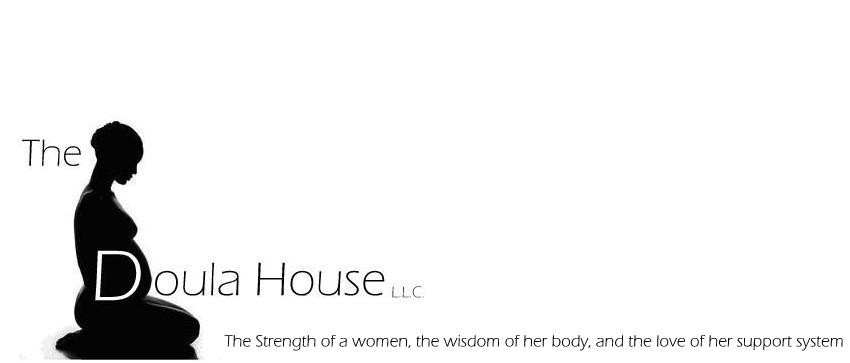Treating
Group B Strep During Pregnancy
Let's
begin with what is Group B Strep:
Definition:
Group Beta-Streptococci is a bacteria found in up to 40% of women. It originates in the intestinal tract, but because of the close proximity between the rectum and the vagina, if a mother has intestinal/rectal colonization she will most likely have vaginal colonization. Genital colonization can cause symptoms, but rarely results in maternal illness. It can carry significant risks for the baby, however, if he or she becomes colonized and develops an infection from the bacteria. Overall neonatal infection rate is 1-4/1000.
Group Beta-Streptococci is a bacteria found in up to 40% of women. It originates in the intestinal tract, but because of the close proximity between the rectum and the vagina, if a mother has intestinal/rectal colonization she will most likely have vaginal colonization. Genital colonization can cause symptoms, but rarely results in maternal illness. It can carry significant risks for the baby, however, if he or she becomes colonized and develops an infection from the bacteria. Overall neonatal infection rate is 1-4/1000.
HOW
DOES GBS AFFECT THE BABY?
Babies
are not normally affected by the bacterium; but, approximately 50% of
babies born to GBS colonized women acquire surface colonization at
delivery. Although most babies do not develop problems, the incidence
of invasive neonatal GBS infection is approximately 1‐3 cases per
1,000 live births. GBS can cause sepsis (blood infection), meningitis
(infection of the fluid and lining around the brain) and pneumonia in
the newborn and is characterized as either early‐onset (occurring
in infants less than 7 days of age) or late-onset (occurring in
infants greater than 7 days of age). The incidence of early‐onset
disease is approximately 2 cases (range 1.3 to 3.7) per 1000 live
births; the incidence of late‐onset disease is about 0.7 to 1.0 per
1000. Approximately 15% of early cases are fatal, whereas late‐onset
disease is associated with about a 7% to 10% mortality.
RECOMMENDED
MEDICAL TREATMENT FOR GBS
Women
identified as colonized with GBS are treated with prophylactic
intravenous (IV) antibiotics during labor.
Now,
if you are like me, and allergic to all the antibiotics they would
use to treat GBS, or you would rather not subject yourself, and your
baby to a heavy dose of antibiotics, then here are a few known ways
to treat it naturally. First, here comes the legal stuff:
I,
nor any of the members of The Doula House L.L.C., are medical
providers. We are simply providing you with natural information. What
you choose to do with that information is up to you. Feel free to
talk to your care provider about the options suggested here.
WHAT
CAN BE DONE NATURALLY?
The
natural way to treat GBS is to start with increasing the good
bacteria...give it a fighting chance to defeat the bad bacteria. The
easiest way is to start with fermented foods such as yogurt and
kefir. Now, if you are dairy sensitive you can choose to use
sauerkraut, kombucha, or a great probiotic. Continue to take your
fermented food, or probiotic supplement, every day. You can start
this at the beginning of your pregnancy to help prevent GBS, or use
it as part of your treatment plan.
Second
thing you need to do is to kill of the bad bacteria in the vagina,
and the rectum if your GBS is really bad. Now, I am about to give you
a time tested remedy, and at first you might think I am crazy (about
half the women who read this will, at first) You are going to take ½
C extra virgin olive oil, 1 tsp (teaspoon) tea tree oil (melaleuca
oil) and 1 ½ tsp garlic oil. Mix all three together, and then get a
small tampon. You want to use a small tampon because it will swell up
with the oils! Dip the tampon in your oil mixture until it is
thoroughly soaked and insert it into the vagina for 2 hours up to two
times a day. You won't want to be running around doing to much since
it will feel funny, and it will smell like garlic. The garlic and the
tea tree oil will kill the GBS, much faster than just doing the
probiotics and kefir.
You
will want to do this every day for two weeks and then ask to be
retested. If your GBS test comes back negative, you will want to
continue the protocol until baby is born, but using the tampon only
once a day instead of twice. If your GBS test comes back positive,
you can continue with the protocol and try again in another week.
Talk with your care provider about your options.
For
the record, with this protocol I have never had a mother have a GBS
positive test after the two weeks.
You
can also increase your Vitamin C and Zinc intake to boost your immune
system. You should also consider decreasing or eliminating sugar,
since sugar helps bacteria to grow.
Happy
Birthing!
The
Doula House L.L.C.

No comments:
Post a Comment